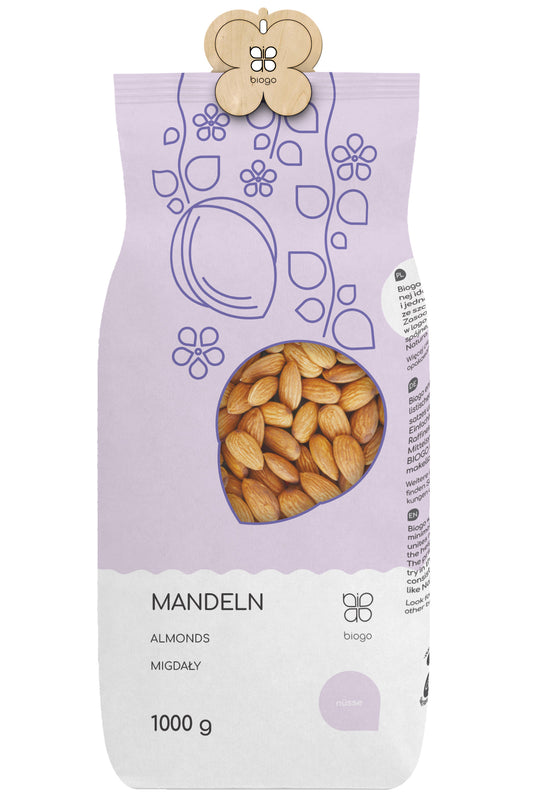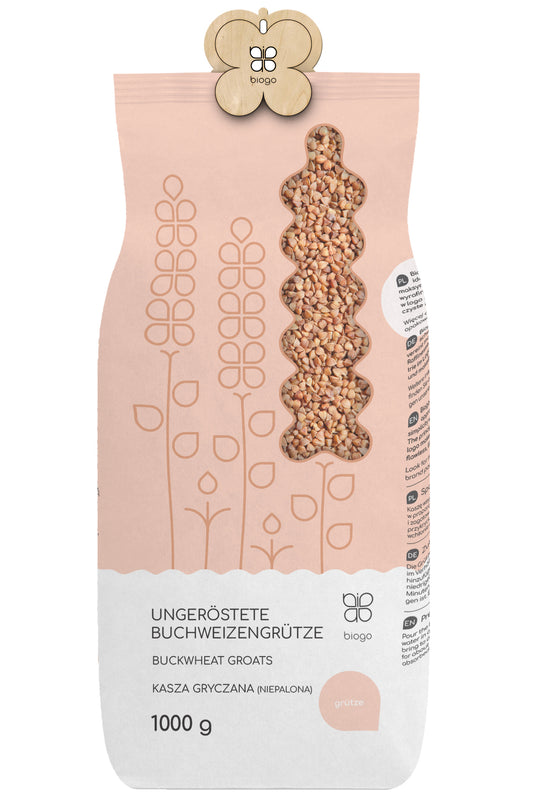Contenuto:
- Cosa sono gli acidi grassi Omega-3?
- Come agiscono gli acidi grassi Omega-3 e quali proprietà hanno?
- Quali prodotti contengono acidi grassi Omega-3?
- Integratore di Omega-3
- Con cosa non dovresti combinare gli acidi grassi Omega-3?
Una corretta alimentazione è fondamentale per il buon funzionamento del corpo, poiché fornisce l'energia e i nutrienti necessari. Molte persone evitano i grassi perché li associano all'obesità, all'alto livello di colesterolo e alle malattie cardiache. Tuttavia, non tutti i grassi sono dannosi. Ad esempio, gli acidi grassi Omega-3, cioè i grassi polinsaturi sani, supportano il corpo e aiutano a prevenire molte malattie. Pertanto, vale la pena includere questi grassi nella tua alimentazione quotidiana.
Cosa sono gli acidi grassi Omega-3?
Gli acidi grassi Omega-3 sono grassi essenziali che supportano il corretto funzionamento del corpo. I principali sono l'acido alfa-linolenico (ALA), l'acido eicosapentaenoico (EPA) e l'acido docosaesaenoico (DHA). L'ALA è un grasso vegetale che si trova negli oli di lino e colza, nelle noci e nei semi. EPA e DHA si trovano principalmente nel pesce grasso come salmone, sgombro e sardine. Sono importanti per la salute del cervello, degli occhi e del cuore.
Come agiscono gli acidi grassi Omega-3 e quali proprietà hanno?
Gli acidi grassi Omega-3 hanno numerose proprietà positive che supportano la salute in molti modi. In particolare, EPA e DHA svolgono un ruolo importante per la salute del cuore. Contribuiscono a ridurre i livelli di trigliceridi, regolano la pressione sanguigna e migliorano l'elasticità dei vasi sanguigni, riducendo così il rischio di coaguli di sangue.
DHA è un componente strutturale del cervello e supporta il suo sviluppo e la sua salute. Gli acidi grassi Omega-3 influenzano le funzioni cognitive e la concentrazione e possono anche ridurre il rischio di malattie neurodegenerative come l'Alzheimer. DHA svolge anche un ruolo importante nella retina e protegge dalla degenerazione maculare.
Grazie alle loro proprietà antinfiammatorie, gli acidi grassi Omega-3 possono supportare il trattamento di malattie infiammatorie come l'artrite reumatoide o le malattie infiammatorie intestinali. Un'integrazione di Omega-3 può anche influire positivamente sull'umore e alleviare i sintomi della depressione.
Questi acidi grassi aiutano a regolare i livelli di colesterolo, abbassando l'LDL (colesterolo cattivo) e aumentando l'HDL (colesterolo buono). È importante considerare che il beneficio dipende dal tipo di acidi grassi Omega-3, dalla loro quantità nella dieta e dalle esigenze individuali di salute.
Quali prodotti contengono acidi grassi Omega-3?
Gli acidi grassi Omega-3 si trovano principalmente nei pesci grassi di acqua salata come salmone, sgombro, sardine, tonno e aringa. Le fonti di Omega-3, oltre al pesce, includono anche semi di lino, noci, semi di chia, olio di colza e olio di soia. Tra le fonti vegetali di acidi grassi Omega-3 c'è l'acido alfa-linolenico (ALA), che il corpo converte in EPA e DHA, sebbene in quantità inferiori rispetto ai prodotti animali. È importante seguire una dieta varia per assumere la giusta quantità di questi grassi essenziali.
Integratore di Omega-3
Pesci come salmone, sgombro, sardine e tonno sono le fonti più ricche di acidi grassi Omega-3, in particolare DHA ed EPA. Chi non gradisce il sapore può ricorrere a integratori con olio di pesce o krill atlantico. Chi non mangia pesce può assumere ALA da fonti vegetali di Omega-3 come olio di semi di lino, semi di chia, noci e olio di colza. Gli integratori sono disponibili in diverse forme: capsule, liquidi o compresse. Prima di iniziare l'integrazione, è consigliabile consultare il medico.
Con cosa non dovresti combinare gli acidi grassi Omega-3?
L'assunzione di acidi grassi Omega-3 può influenzare la coagulazione del sangue, cosa particolarmente importante per le persone che assumono anticoagulanti. Pertanto, vale la pena consultare il medico prima di iniziare l'integrazione alimentare. Inoltre, alcuni antistaminici possono limitare l'assorbimento degli acidi grassi Omega-3. Un eccesso di vitamina E può ridurre l'efficacia, quindi si dovrebbe evitare un'assunzione eccessiva. Anche le persone che assumono farmaci immunosoppressori, in particolare dopo un trapianto, dovrebbero consultare un medico prima di introdurre integratori alimentari Omega-3 nella loro dieta.
LA SCELTA DELL'EDITORE
Datteri secchi 1 kg BIOGO
- £4.00
£5.00- £4.00
- Prezzo unitario
- / per
Mandorle 1 kg BIOGO
- £11.00
£13.00- £11.00
- Prezzo unitario
- / per
Semi di girasole pelati 1 kg BIOGO
- £3.00
£4.00- £3.00
- Prezzo unitario
- / per
Mango essiccato bio 400 g BIOGO
- £10.00
- £10.00
- Prezzo unitario
- / per
Morbide More Bianche Secche 500 g BIOGO
- £6.00
£7.00- £6.00
- Prezzo unitario
- / per
Popcorn (chicchi di mais) bio 1 kg BIOGO
- £6.00
- £6.00
- Prezzo unitario
- / per
Curcuma macinata biologica 500 g BIOGO
- £6.00
- £6.00
- Prezzo unitario
- / per
Semi di cardo mariano 1 kg BIOGO
- £4.00
- £4.00
- Prezzo unitario
- / per
Anacardi bio 1 kg BIOGO
- £18.00
- £18.00
- Prezzo unitario
- / per
Granella di grano saraceno non pelato 1 kg BIOGO
- £3.00
£3.00- £3.00
- Prezzo unitario
- / per







































































































































